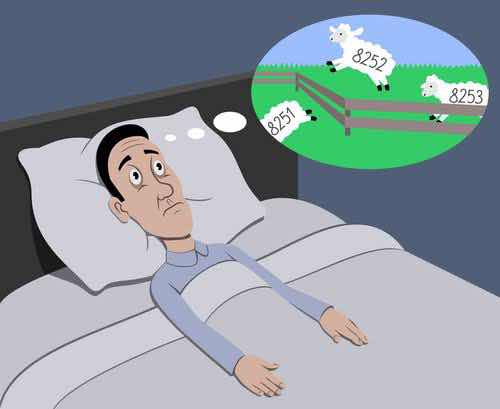Curing Insomnia
As people face problems or trauma, it’s common for them to have difficulty sleeping, in varying degrees. When chronic, that’s when health complications and illnesses arise.
Insomnia (inability to sleep well, inadequate sleep) is caused by either physical (eg. having cancer) or psychological (eg. depression, loneliness, major loss) factors, or both.

Author Dr. Andrew Saul, a natural therapeutics consultant, prescribes natural means to cure the problem of insomnia or sleeplessness.
As a psychotherapist, a “keeper” of other people’s secrets and problems, sleep can also be a real challenge. I find my self with moments of staying late, thinking or praying for people I try to help heal.
Author Dr. Andrew Saul, a natural therapeutics consultant, prescribes natural means to cure the problem of insomnia or sleeplessness.
• Have daily exercise, 30 to 60 minutes.
• Eliminate stimulants like alcohol, nicotine, and caffeine.
• Take doses of Niacin (Vitamin B3) and/or Lecithin before sleep (avoid sleeping pills that have known side effects). Melatonin is also recommended.
• Eat bananas and drink milk, have a warm shower before sleep.
• Read for awhile to improve relaxation before bed.
• Make sure you have a comfortable bed and pillows to help you have a restful sleep.
• Remove anxious thoughts and feelings while lying in bed.
• Get fresh air. Open the window if you need to.
• Prayer and meditation calm the mind.
“For He gives His beloved, sleep.” (Psalm 127:2)
Of course, medical problems like arthritis, restless leg syndrome, snoring, cancer, among others, can cause insomnia. Consult a doctor to properly manage them.
As medical or physical causes are ruled out, you then move to addressing psychological, emotional, and spiritual causes. See a therapist or counselor, especially when your sleeplessness has become severe.
Harvard Medical School, in its mental health newsletter, says:
“Sleep and mental health are closely connected. Sleep deprivation affects your psychological state and mental health.”
Secrets of Your Self:
